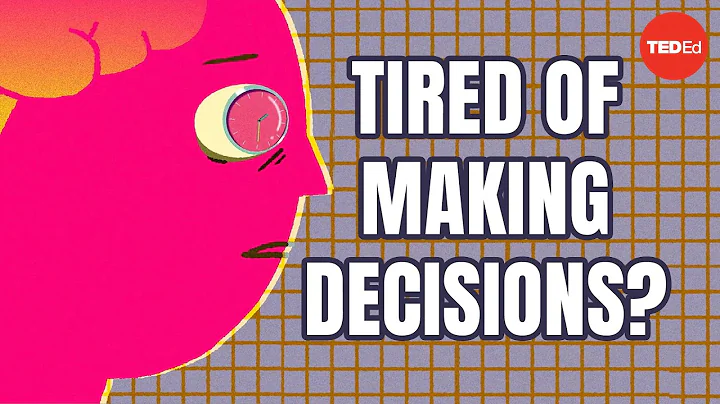The following content is excerpted from Unit 7 Thinking of the Basic Psychology of Listening to Peace Section 7 Decision-making

1. What is decision-making?
1. Definition
2. The relationship between behavior and psychology
3. Three practical implications of studying decision-making
2. Classification of decision-making
1. What is deterministic decision-making? -Example: Buying shoes
2. What is risky decision-making? - Examples: product development, national policy decisions
3. Theoretical results of psychological research on decision-making - based on the proportion of rationality
(1) classical decision-making theory
1, viewpoint
2, five specific manifestations
3, Supplementary knowledge: first put A typical experiment in the introduction of psychology into management - [ Hawthorne Experiment ] (introducing the experimental process, results, and conclusions)
4. The development history of psychotherapy: psychoanalysis, behaviorism, humanistic trends of thought, and cognitive schools of thought Replacement of schools
5, Disadvantages: Untenable in practice
(2) Behavioral decision-making theory
1, Founder
2, Viewpoint
3, Decision-making contains four steps
4, Example - Railway construction (explaining the 4 steps of decision-making)
5, Criteria for decision-making: the principle of satisfaction
6. Supplementary knowledge: People who pursue perfection lack decision-making thinking training
(1) "The Romance of the Three Kingdoms" - Empty City Plan , Sima Yi Is Sima Yi entering the city or not? Will he regret his decision? (Teacher Ma analyzes Sima Yi’s psychological activities in detail)
(2) Teacher Ma’s classic quotations 1 “There is no best, the best is the enemy of good. As long as you are satisfied with this matter, it will be ok. If you are not satisfied, you have to To examine and evaluate your own requirements"
(3) Teacher Ma's classic quotations 2 "The situation people are in is more complicated than the chicken soup in any book"
(3) Expected utility theory ( An old theory)
1, 2 proposers
2, viewpoint
3, demonstrating the expected utility theory through examples:
Example 1 "You have two choices. The first one has an 80% probability of earning 8,000 yuan. The second option You will definitely make 6,000 yuan. Which one do you choose? "
Example 2" You have an 80% probability of losing 8,000 yuan. With the second option, you will definitely lose 6,000 yuan. Which one do you choose? "
(four) ) prospect theory (continuing Simon’s heuristics for research)
1, founder
2, point of view 1: Most people are risk averse when faced with gains, and risk preferences when faced with losses
3, factors affecting gamblers’ thinking What?
4. Why do people have a preference for risk when facing losses? loss aversion - Lost 100 yuan, gained 100 yuan
5. Human nature: It is easy to forget happiness, but it is difficult to forget pain. What should I do? Pearl Moment
6, three heuristic strategies that people use when making decisions
(1) What is the representative heuristic ? -Definition + psychological research: Through a description, the subjects were asked to judge whether John was an engineer or a lawyer?
(2) What is the accessibility heuristic? -Definition + psychological research: Ask the subjects whether there are more words starting with R or words with R as the third letter?
(3) What are anchoring and adjustment heuristics? -Definition + psychological research: Give the subjects two questions, the first question: 1*2*3*4*5...; the second question:...5*4* 3*2*1, what is the estimate in 5 seconds?





















